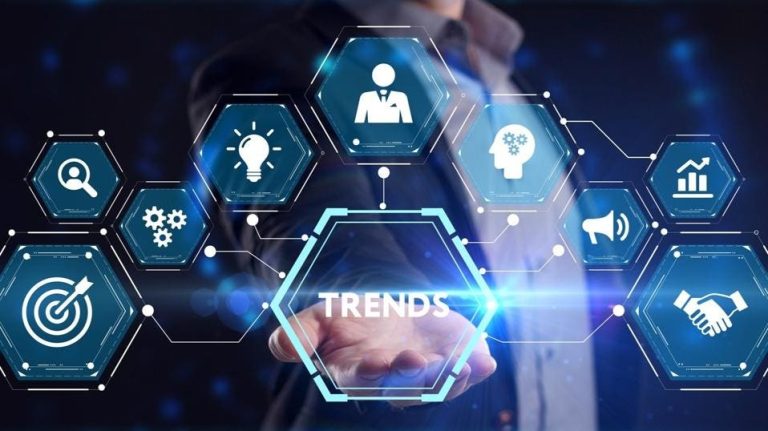As we stand on the brink of the Fourth Industrial Revolution, it is both exciting and a little scary to anticipate the technological advances and societal impacts that are likely to occur by 2034. From the integration of artificial intelligence into our daily lives to the emergence of virtual and augmented reality technologies, and advances in genetic engineering, the impacts are significant. For climate change, the next decade promises to be a time of unprecedented change.
Artificial Intelligence and Automation: The New Normal
According to Forbes, by 2034, artificial intelligence and automation will be ubiquitous, changing our interactions with machines. Natural language processing, speech generation, and voice control are expected to become the default way of interacting with machines. As artificial intelligence becomes more sophisticated, we can expect purpose-built robots to become more common, handling tasks ranging from mundane household chores to complex industrial processes. These developments will not only revolutionize the way we work, but will also radically change our digital lives.
Healthcare transformation
Perhaps one of the most important areas of transformation will be in health care. Biotechnology, genetic engineering, and personalized medicine are expected to revolutionize the healthcare industry. Personalized medicine, based on our unique genetic makeup, will allow for more targeted and effective treatments. Regenerative medicine, which involves creating functional living tissue to repair or replace tissue or organ function lost due to age, disease, damage, or birth defects, will radically change the way we treat disease and injury.
Ethical and societal implications
Although these developments hold tremendous promise, they also raise pressing ethical and social questions. Genetic engineering, in particular, raises significant ethical concerns. As we gain the ability to manipulate our biology, we must tread carefully, balancing potential benefits against the risks of unintended consequences. Society as a whole will need to engage in serious dialogue about the ethical and moral limits of this technology.
Impact of climate change
As we look to the future, we cannot ignore the looming specter of climate change. Its impacts on migration, resource scarcity, and the economy will be significant and far-reaching. Stricter regulations and sustainable practices are needed to mitigate these impacts. Sustainability must be embedded in every aspect of technology, from the design and manufacturing process through to its use and eventual disposal.
Economic forecasts
From an economic perspective, the Congressional Budget Office provides information about the deficit, debt, expenditures, revenues and the US economy from 2024 to 2034. Meanwhile, the US Treasury and the Internal Revenue Service released a new report. Analysis showing the high return on the IRA's investment in rebuilding and modernizing the IRS. The analysis estimates that the IRA as passed would increase revenues by as much as $561 billion over the period 2024-2034.
Revolutionary airport experience
Another sector poised for a major transformation is the airport industry. The smart airport technology market is expected to grow at a CAGR of 13.8% by 2034. Despite the negative impact of the COVID-19 pandemic on the market, which led to the delay and suspension of smart airport technology projects, the adoption of contactless and non-contactless technologies has accelerated. Passenger handling is noticeably improved. The growing need for real-time information and the increasing use of self-service technologies at airports, coupled with the improvement of airport operation through digitalization, provide significant market opportunities.
As we look to 2034 and beyond, we can expect a world of sweeping technological advances and profound societal impacts. By embracing these changes and tackling their challenges head-on, we can shape a future that leverages technology to the benefit of everyone.

